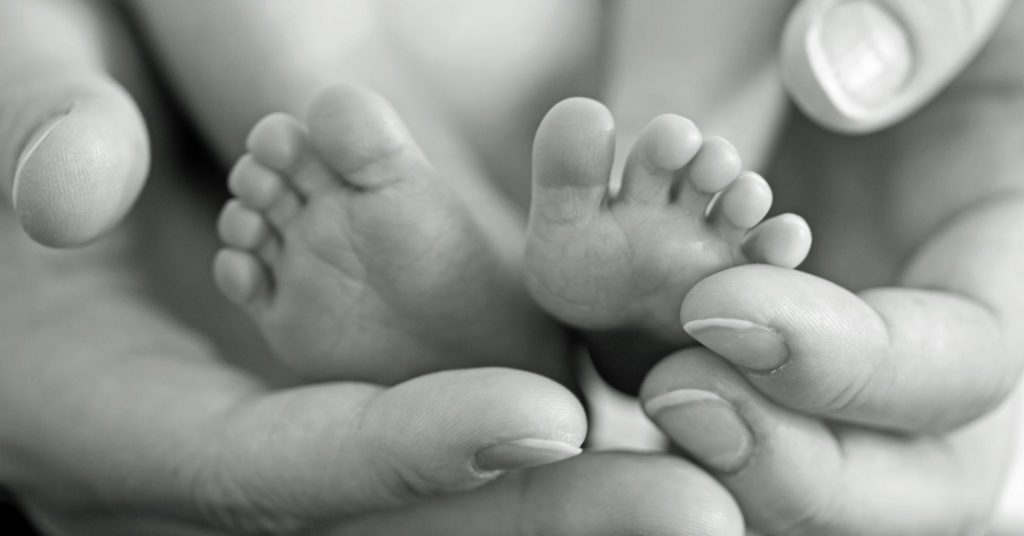HOME VISITING: Are You Experiencing Postpartum Depression? A Home Visitor Can Help!
Share:

Postpartum depression (PPD) affects 1 out of 7 new moms. It’s a strong feelings of sadness that can last for a long time. This sadness can make it hard for you to take care of your baby. PPD can happen in the weeks following childbirth. The most important thing to remember if you have PPD are it’s not your fault, you are not alone and there are ways to get help. If you think you have PPD talk to your health care provider immediately.
PPD can affect any woman after having a baby and no one really knows the exact reason why it happens. Healthcare providers do have some ideas though. You can get PPD if you or a member of your family has a history of depression. You’ve suffered a difficult pregnancy. You have problems with your spouse or partner. You had an unplanned or unwanted pregnancy. You have a history of using drugs or have other personal problems. The stress of being a new mom can also lead to PPD. You can feel tried, less attractive, and not like the person you were before your pregnancy. Don’t be afraid to talk to your healthcare provider if you have these feelings. They are there to help you get better.
If you think you have PPD, try these things to make you feel better. Stay healthy and fit. Eat healthy foods and try to get some exercise. Get as much rest as you can. Ask for help and let people help you. Talk to your friends and family. See if they can help you out. Be sure to make some time for yourself. You need a chance to rest and relax. If these tips don’t work you should contact your healthcare provider or dial 2-1-1 Help Me Grow. They can provide you with counseling resources or set you up with a Home Visitor.
A Home Visitor answers your questions, provides healthcare resources, and helps you build positive parenting skills. It might be hard sharing your thoughts and feelings with a Home Visitor, but they are there to help! You and your baby deserve to live a happy and healthy life together. Don’t suffer alone, reach out for PPD help if you need it.